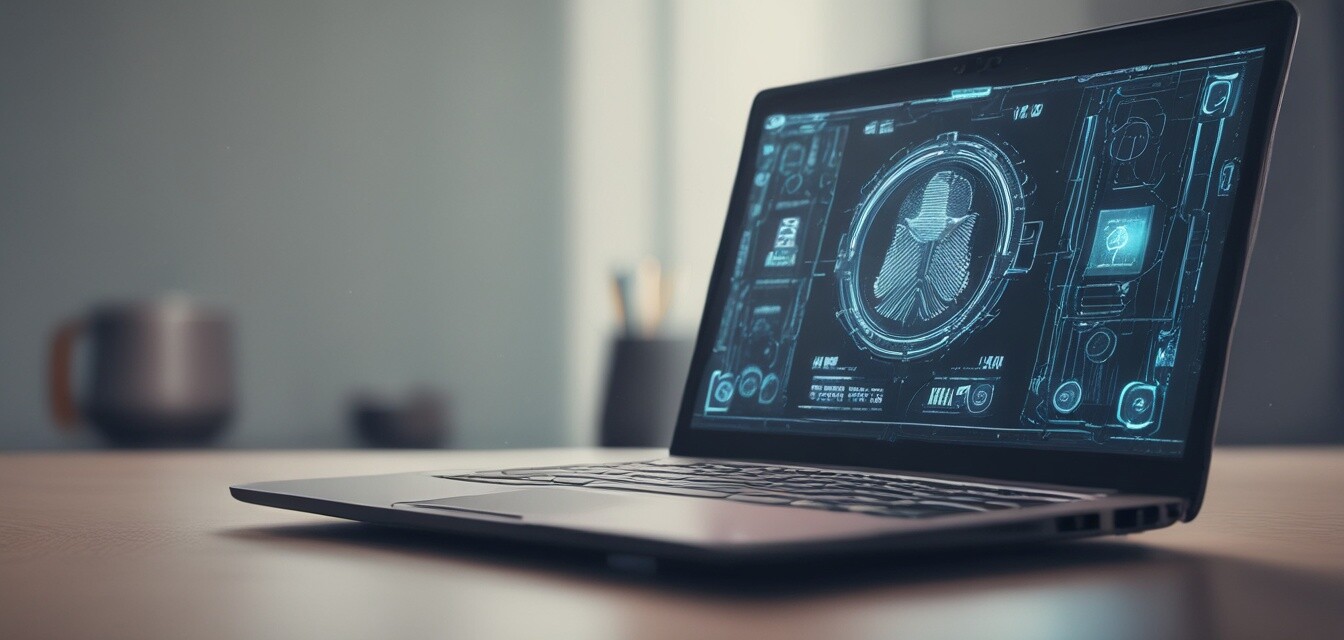
Advancements in Laptop Security Features
- The rise of biometric security features, including facial recognition and fingerprint scanners.
- Enhanced encryption technologies to safeguard sensitive data.
- The importance of regular software updates to maintain security integrity.
- Increased focus on hardware-based security solutions.
- Understanding the role of virtual private networks in enhancing laptop security.
As technology continues to evolve, the importance of security features in laptops has never been more critical. With personal data and privacy at risk, advancements in security measures are being implemented to create a safer digital environment for users. This article looks at the latest security features that modern laptops are offering to protect sensitive information.
The need for enhanced laptop security
With the increasing amount of sensitive data stored on laptops, from personal documents to financial information, the need for advanced security measures is more relevant than ever. Cyber threats such as malware, hacking, and data breaches are becoming more sophisticated, which drives manufacturers to invest in better security features. Let's explore some of the most notable advancements in this area.
Key advancements in laptop security features
1. Biometric security features
Biometric technology is leading the way in securing laptops. Users can authenticate their devices using unique physical traits such as fingerprints or facial recognition. Below is a comparison of popular biometric features:
| Feature | Description | Benefits |
|---|---|---|
| Fingerprint Scanners | Allows users to unlock their laptops using their fingerprints. | Quick access and high security. |
| Facial Recognition | Uses a camera to identify the user based on facial features. | Convenient and secure, especially in public spaces. |
2. Advanced encryption technologies
Encryption plays a critical role in protecting sensitive information. Modern laptops often come equipped with hardware-based encryption solutions, which ensure that data is encrypted automatically, reducing the risk of unauthorized access. Technologies such as:
- BitLocker - integrated encryption for Windows systems.
- FileVault - security for macOS by encrypting the entire disk.
Having these tools pre-installed allows users to secure their data right from the outset.
3. The importance of security updates
Regular software and firmware updates are essential for maintaining laptop security. Many manufacturers now implement automated updates that enhance the system's security features. This includes:
- Patch vulnerabilities.
- Enhance existing security features.
- Introduce new protection protocols.
4. Hardware-based security solutions
Another significant development is the integration of hardware security solutions. Features such as Trusted Platform Module (TPM) chips store cryptographic keys used for encryption and authentication. This adds an additional layer of security directly within the hardware, making it extremely challenging for attackers to access sensitive information.
5. Utilizing virtual private networks (VPNs)
VPNs are becoming a necessary tool for securing internet connections, especially when using public Wi-Fi networks. Incorporating VPN software into the laptop security framework allows users to:
- Encrypt internet traffic.
- Hide their online activity from potential eavesdroppers.
- Access geo-restricted content securely.
Conclusion
As the landscape of digital threats continues to change, it's essential for users to understand the advancements in laptop security features. From biometric capabilities to encryption and VPNs, these technologies are designed to protect personal data and enhance privacy. Staying informed about the latest security solutions can significantly reduce the risk of identity theft and data breaches.
Pros
- Enhanced protection for sensitive data.
- User-friendly authentication methods.
- Automated updates improve security without user intervention.
Cons
- Biometric features may not work effectively for everyone.
- Potential software vulnerabilities if not updated regularly.
- VPNs can slow down internet connectivity.
For more information on security measures and technology trends, check out our Buying Guides and stay updated with News and Trends in the world of PCs and laptops.
By investing in a laptop with advanced security features, users can ensure that their data remains protected and private in an increasingly connected world.